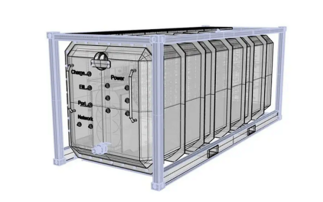Microsoft aims to challenge Linux by offering a cheap and simple system for HPC tasks
Microsoft has released to manufacturing its Windows Compute Cluster Edition 2003, a little over two years after outlining the program. Microsoft’s vision is to create a low-cost, easy means of ...
To continue reading this article...
Join Computing
- Unlimited access to real-time news, analysis and opinion from the technology industry
- Receive important and breaking news in our daily newsletter
- Be the first to hear about our events and awards programmes
- Join live member only interviews with IT leaders at the ‘IT Lounge’; your chance to ask your burning tech questions and have them answered
- Access to the Computing Delta hub providing market intelligence and research
- Receive our members-only newsletter with exclusive opinion pieces from senior IT Leaders
















